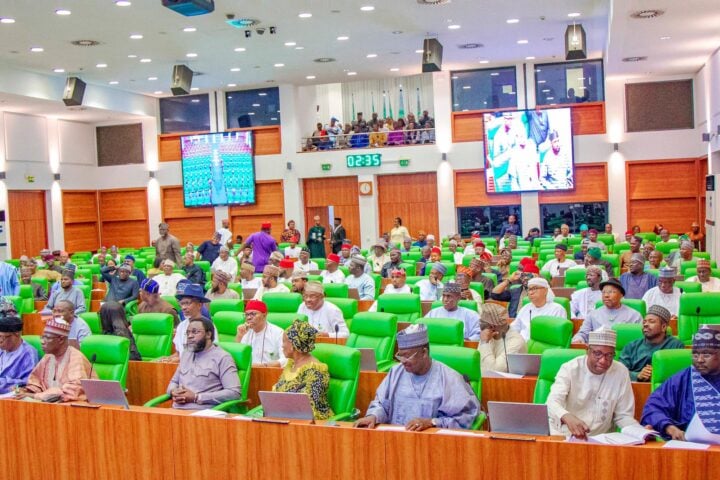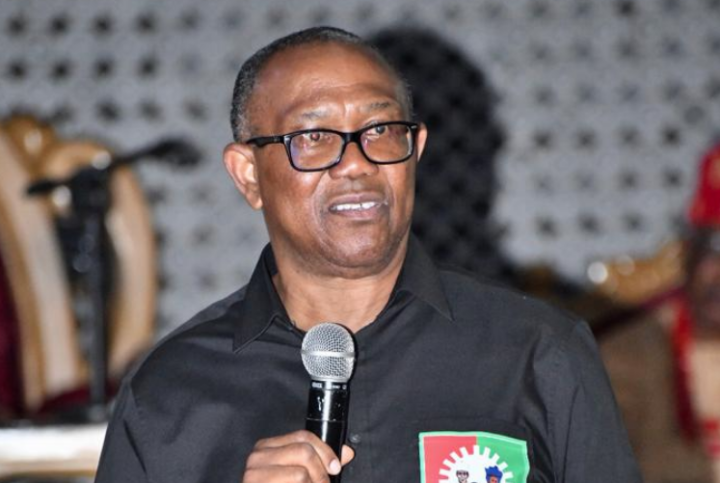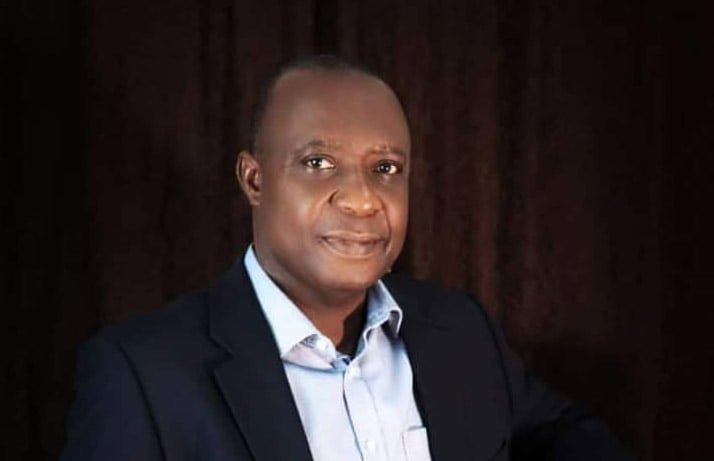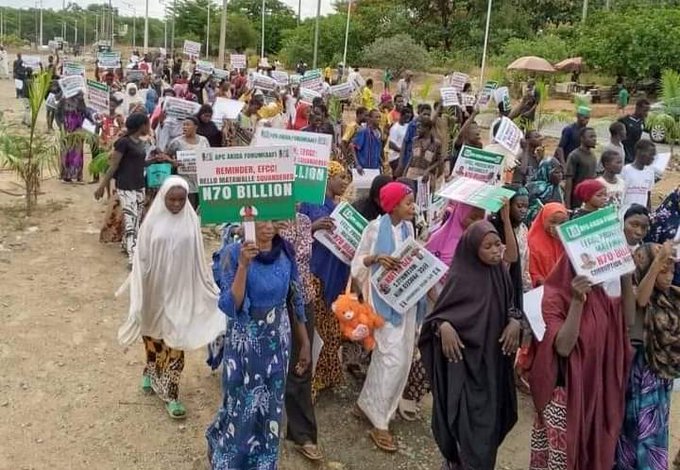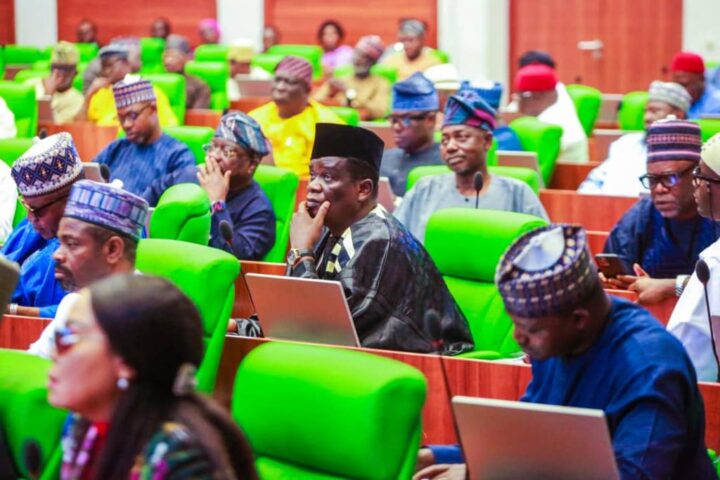A coalition of civil society organisations (CSOs) has called on the All Progressive Congress (APC) and other political parties in the country to denounce their members who are currently facing corruption allegations.
Auwal Musa Rafsanjani, executive director of the Civil Society Legislative Advocacy Centre (CISLAC), who spoke at a press conference in Abuja on Thursday on behalf of other CSOs, said transparency and accountability are crucial elements that enable democracies to flourish.
Rafsanjani lamented that “democracy in Nigeria has persistently functioned under a veil of secrecy and lawlessness”.
He also carpeted President Bola Tinubu for appointing politicians facing corruption allegations into his cabinet.
Advertisement
“We urge the ruling All-Progressive Party APC and other political parties to take decisive action in purging its ranks by denouncing and breaking support with their members who are currently being investigated by anti-corruption agencies,” he said.
“This can be operationalised by suspending all members tainted by corruption allegations and ensuring they are held accountable before the law.
“Procurement of political appointments by some suspected or investigated looters who are serving under the current administration as ministers, legislators, or occupying leadership positions of the ruling party, has exposed anti-corruption work to serious setbacks and deliberate sabotage that cripple the efficiency of the anti-corruption agencies.
Advertisement
“It is distressing to see people facing corruption allegations being appointed by the President to handle various positions of authority.
“Today, many serving lawmakers and ministers have corruption allegations against them. This is producing a culture of impunity, where politicians engage in corrupt practices without fear of consequences.
“This has eroded public trust in the government and undermined the legitimacy of the democratic process.”
Rafsanjani said the CSOs have observed the “malicious attacks and deliberate efforts to blackmail anti-corruption agencies through sponsorship of influencers, incentivised opinion publications in some national dailies, online and electronic platforms, all targeted at discouraging anti-corruption efforts and shielding the kleptocrats from a thorough investigation”.
Advertisement
“The pattern is clear, there is an unfolding plot of surreptitious moves to backpedal on the progress made by anti-corruption progress,” he said.
He also cited “judicial corruption” as a significant obstacle to Nigeria’s anti-corruption efforts.
“The looters have repeatedly used their influence to manipulate the judicial process and system, to block and/or delay the arrest or prosecution of suspects,” he said.
“Clearly, the judiciary is not living up to its responsibility of ensuring that the rule of law and provisions of the constitution are upheld.
Advertisement
“Nigerians have witnessed too many situations where courts have granted injunctions which deterred anti-corruption agencies from inviting and prosecuting corrupt government officials and politically exposed persons.
“Nigerians have witnessed with alarm numerous cases featuring a high number of foreign enablers from Switzerland, Monaco, Panama, British Virgin Islands and the United Kingdom (UK) facilitating corruption.
Advertisement
“Enablers from the UK are particularly strongly linked to Nigerian cases. Of course, Nigeria also has a number of domestic enablers involved in cases.
“Out of 87 enablers captured, 5 enablers are from Nigeria: 3 lawyers/law firms and 2 real estate agents. This is due to cases involving, for example, Nigerian lawyers managing trusts on behalf of their clients that are then used to move funds abroad.”
Advertisement
Rafsanjani also noted that the budgetary allocations to the Economic and Financial Crimes Commission (EFCC), Independent Corrupt Practices and Other Related Offences Commission (ICPC), Code of Conduct Bureau (CCB) and Nigeria Police, among others are inadequate.
“Poor resource allocation is a calculated attempt to gradually push these agencies towards extinction. By limiting their resources, the government is effectively crippling their ability to function effectively and independently,” he said.
Advertisement
“There are desperate efforts by corrupt elements to disinform, mislead, misinform and confuse Nigerians on the efforts of various anti-corruption institutions in Nigeria.
“We are worried over the poor understanding of the work and mandates of the anti-corruption agencies by many Nigerians including the youth.”
Some of the CSOs represented at the press briefing include the Environmental Development Agenda (HEDA); the Resource Centre for Human Rights and Civic Education (CHRICED); the Centre for Information Technology and Development (CITAD); African Centre for Media & Information Literacy (AFRICMIL), among others.
Add a comment

